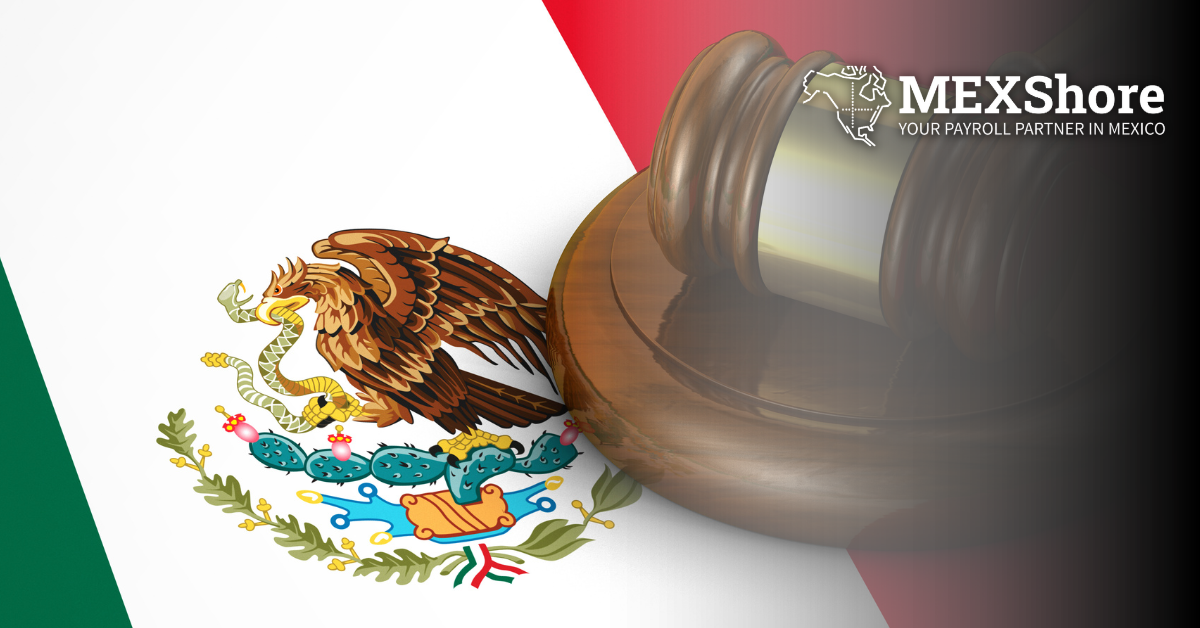Overview of Employment and Labour Law in Mexico
Employment law in Mexico is governed by federal labor laws and regulations, which set the framework for employment relationships, workers’ rights, and labor-related issues. Mexico has a comprehensive legal framework designed to protect the rights of both employees and employers. Here’s an overview of key aspects of employment law in Mexico:
1. Employment Contracts:
– Employment contracts in Mexico can be oral or written, but it is advisable to have written contracts specifying key terms and conditions. Employment contracts must include information on wages, working hours, job description, and other terms and conditions of employment.
2. Working Hours:
– The standard workweek in Mexico is 48 hours, with 8 hours per day. Overtime is paid for work exceeding the standard workweek. Some industries and jobs may have specific working hour regulations.
3. Minimum Wage:
– Mexico has a national minimum wage that is periodically adjusted. Employers are required to pay at least the minimum wage to their employees. Different regions in Mexico may have higher minimum wage rates based on the local cost of living.
4. Probation Period:
– Employment contracts can include a probationary period, usually lasting up to 30 days. During this period, either the employer or the employee can terminate the employment relationship without notice or severance pay.
5. Leaves and Benefits:
– Employees are entitled to various leaves and benefits, including paid annual leave, maternity leave, paternity leave, and sick leave. Employers are also required to provide social security benefits, including healthcare and retirement benefits.
6. Termination and Severance:
– Terminating an employee in Mexico is subject to strict regulations. Employers must provide written notice and, in most cases, pay severance to terminated employees. Severance pay is generally based on the employee’s length of service and salary.
7. Collective Bargaining:
– Workers in Mexico have the right to unionize, and there are numerous labor unions and federations representing various industries and sectors. Collective bargaining agreements are common in unionized workplaces and can cover a wide range of employment terms and conditions.
8. Workplace Safety and Health:
– Employers are obligated to provide a safe and healthy work environment for their employees. Mexico has laws and regulations governing workplace safety and health standards, and employers must comply with these regulations.
9. Non-Discrimination:
– Employment discrimination based on factors such as race, gender, religion, disability, or sexual orientation is prohibited by Mexican law. Employers are expected to provide equal opportunities and treatment to all employees.
10. Employee Rights:
– Mexican labor law includes provisions for employee rights, including the right to join labor unions, the right to a safe workplace, and protection against unfair dismissal.
11. Immigration and Work Permits:
– Non-Mexican nationals working in Mexico may require work permits or visas, depending on their nationality and the nature of their employment. Employers should ensure that their foreign employees have the necessary legal documentation.
12. Dispute Resolution:
– Disputes between employers and employees are often resolved through conciliation and arbitration processes outlined in labor law. Labor boards and courts may also be involved in resolving disputes.
It’s important to note that employment law in Mexico can be complex, and specific regulations may vary by region or industry. Employers operating in Mexico should seek legal counsel or consult with labor experts to ensure compliance with all relevant laws and regulations to avoid legal issues and protect the rights of their employees.







